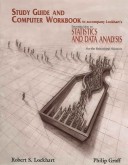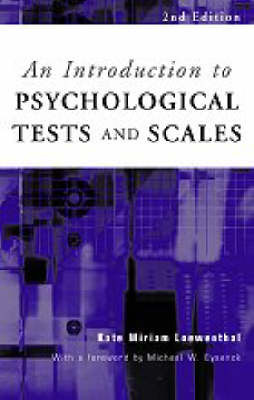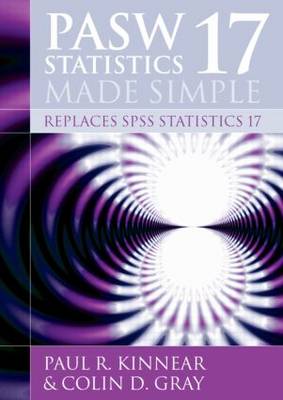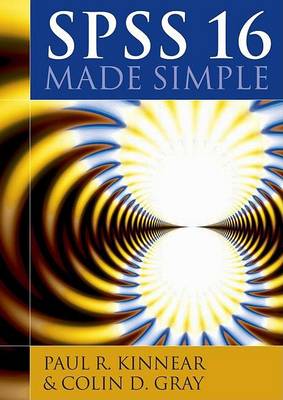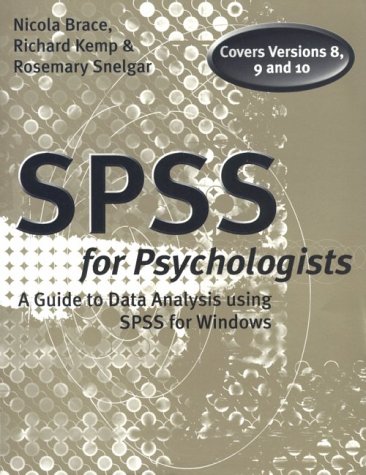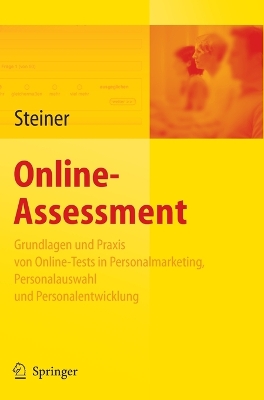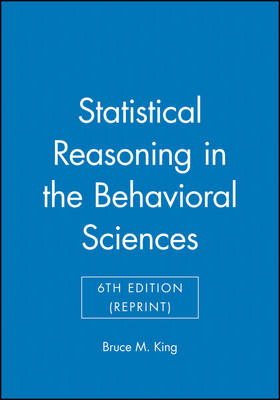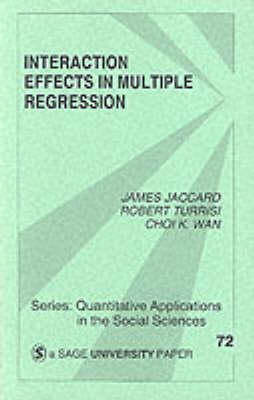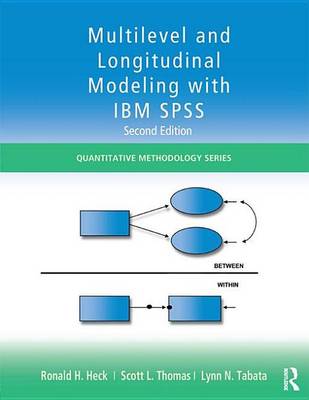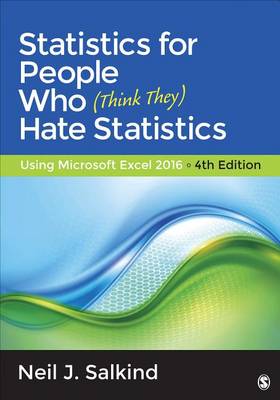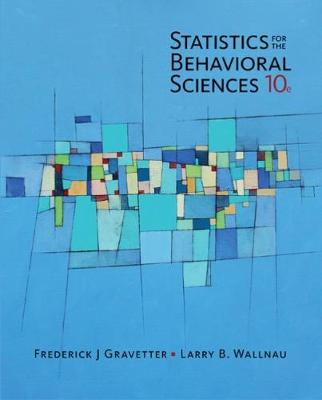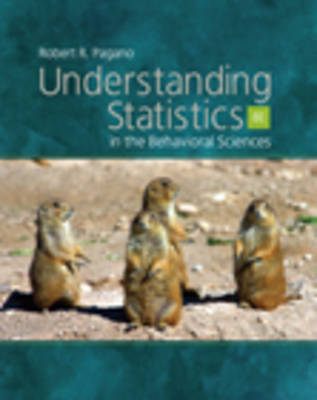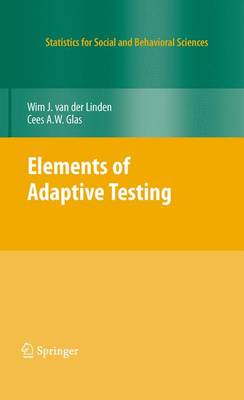Through the use of clearly defined instructions and examples, How to Write in Psychology is a concise and comprehensive guide for the well-prepared student on the principles of writing essays and research papers for psychology. Presents everything the well-prepared student needs to know about the principles and practice of writing for psychologyCompares and contrasts the different writing requirements and techniques for essays and research reports in psychologyOffers advice on constructing figu...
An Introduction to Psychological Tests and Scales
by Kate Miriam Loewenthal and Christopher Alan Lewis
In its first edition this book successfully enabled readers, with little or no prior knowledge of computing or statistics, to develop reliable and valid tests and scales for assessment or research purposes. In this edition, the author has thoroughly updated the text to include new recent advances in computer software and provide information on relevant internet resources. The book contains detailed guidelines for locating and constructing psychological measures, including descriptions of popular...
PASW Statistics 17 Made Simple (replaces SPSS Statistics 17)
by Paul R. Kinnear and Colin D Gray
SPSS is now PASW Statistics! Reflecting the latest developments in statistics software from SPSS Inc., this new edition of one of the most widely read textbooks in its field keeps the reader abreast of the latest improvements in PASW Statistics 17 (the new name for SPSS Statistics 17). This friendly and informal textbook is a non-technical and readable introduction to one of the most powerful and versatile statistical packages on the market. The new edition combines clarity of presentation with...
SPSS 16 Made Simple is the latest edition of one of the most widely read textbooks in its field. As usual, every effort has been made to maintain the friendly, practical and informal style of earlier editions, while at the same time keeping the reader abreast of the latest improvements in SPSS. Each statistical technique is presented in a realistic research context and is fully illustrated with screen shots of SPSS dialog boxes and output. The book also provides guidance on the choice of statis...
New, 21st anniversary edition, with a new foreword by Ben Goldacre, author of Bad Science and Bad Pharma, and an afterword by James Ball, covering developments in our understanding of irrationality over the last two decades. Why do doctors, army generals, high-ranking government officials and other people in positions of power make bad decisions that cause harm to others? Why do prizes serve no useful function? Why are punishments so ineffective? Why is interviewing such an unsatisfactory method...
The new edition of this best-selling guide carefully leads the user through the process of using SPSS to analyze psychological data. The authors review the basic issues regarding design and proceed through all of the major statistical techniques used in psychology, from introductory to advanced level. Readers are introduced to the rationale and use of each test and shown how to choose, perform, and report the statistical analysis of their own data. SPSS for Psychologists, 3/E covers SPSS versi...
Bundle: Privitera: Statistics for the Behavioral Sciences, 2e + Schwartz: An Easyguide to Research Design & SPSS
by Dr Gregory J Privitera and Dr Beth M Schwartz
SPSS for Introductory and Intermediate Statistics
by George A. Morgan, Nancy L. Leech, and Karen C. Barrett
A user-friendly introduction to the powerful mental mapping tool of repertory grid technique. Repertory grid technique is a system for identifying, in detail, what you or anyone else really thinks about an issue. You can use it as a tool for personal discovery, as a device for team building activities, or as a problem-solving aid. Written as a DIY guide, with a friendly expert sitting beside you, this book will teach you the technique of repertory grids step by step. Here you'll find all the inf...
Immer mehr Unternehmen nutzen Online-Assessments, um Potenziale von Bewerbern oder Mitarbeitern via Internet zu testen. Online-Tests sind effizient und mittlerweile auch für mittelständische Unternehmen erschwinglich - doch sie haben auch ihre Grenzen. In diesem Buch zeigen erfahrene Personaler, was bei der Planung und dem Einsatz zu beachten ist und in welchen konkreten Bereichen Online-Tests sinnvoll eingesetzt werden können: Von der Vorselektion und dem Personalmarketing, über die Personalaus...
This is a title in our Understanding Statistics series, which is designed to provide researchers with authoritative guides to understanding, presenting and critiquing analyses and associated inferences. Each volume in the series demonstrates how the relevant topic should be reported -- including detail surrounding what can be said, and how it should be said, as well as drawing boundaries around what cannot appropriately be claimed or inferred. This volume addresses reliability, which is a fundam...
Cited by more than 300 scholars, Statistical Reasoning in the Behavioral Sciences continues to provide streamlined resources and easy-to-understand information on statistics in the behavioral sciences and related fields, including psychology, education, human resources management, and sociology. The sixth edition includes new information about the use of computers in statistics and offers screenshots of IBM SPSS (formerly SPSS) menus, dialog boxes, and output in selected chapters without sacrif...
Interaction Effects in Multiple Regression (Quantitative Applications in the Social Sciences)
by James Jaccard, Robert Turrisi, and Choi K. Wan
A synthesis of literature previously scattered across several disciplines, this volume addresses fundamental issues in the analysis of interaction effects in multiple regression with examples from different fields in the social sciences. It is organized around three core questions: one, given sample data can we conclude that there is an interaction effect in a population? Two, if so what is the strength of that effect? And three, what is the nature of that effect?
Multilevel and Longitudinal Modeling with IBM SPSS, Second Edition (Quantitave Methodology)
by Ronald H Heck, Scott L Thomas, and Lynn N Tabata
Based on Neil J. Salkind's bestselling text, Statistics for People Who (Think They) Hate Statistics, this adapted Excel 2016 version presents an often intimidating and difficult subject in a way that is clear, informative, and personable. Researchers and students uncomfortable with the analysis portion of their work will appreciate the book's unhurried pace and thorough, friendly presentation. Opening with an introduction to Excel 2016, including functions and formulas, this edition shows studen...
Statistics for The Behavioral Sciences
by Larry Wallnau and Frederick Gravetter
Statistics is one of the most practical and essential courses that you will take, and a primary goal of this popular text is to make the task of learning statistics as simple as possible. Straightforward instruction, built-in learning aids, and real-world examples have made STATISTICS FOR THE BEHAVIORAL SCIENCES, 10th Edition the text selected most often by instructors for their students in the behavioral and social sciences. The authors provide a conceptual context that makes it easier to lear...
Understanding Statistics in the Behavioral Sciences
by Robert R Pagano
Based on over 30 years of successful teaching experience in this course, Robert Pagano's introductory text takes an intuitive, concepts-based approach to descriptive and inferential statistics. He uses the sign test to introduce inferential statistics, empirically derived sampling distributions, many visual aids and lots of interesting examples to promote student understanding. One of the hallmarks of this text is the positive feedback from students-even students who are not mathematically incli...
Elements of Adaptive Testing (Statistics for Social and Behavioral Sciences)
The arrival of the computer in educational and psychological testing has led to the current popularity of adaptive testing---a testing format in which the computer uses statistical information about the test items to automatically adapt their selection to a real-time update of the test taker's ability estimate. This book covers such key features of adaptive testing as item selection and ability estimation, adaptive testing with multidimensional abilities, sequencing adaptive test batteries, mult...
